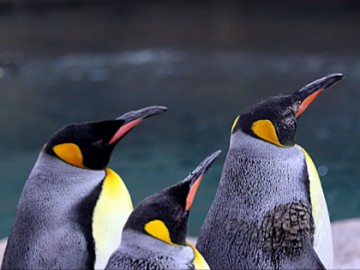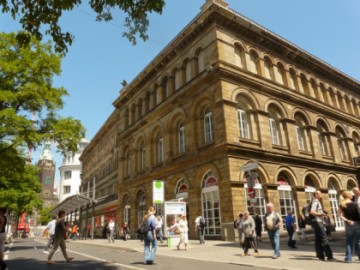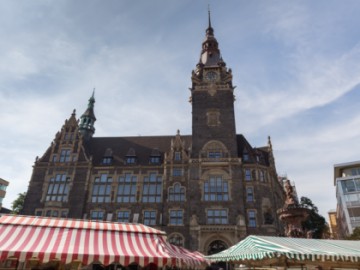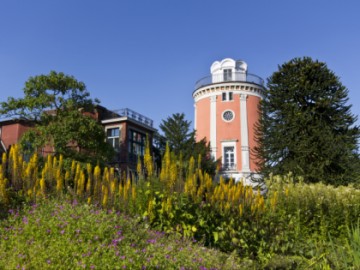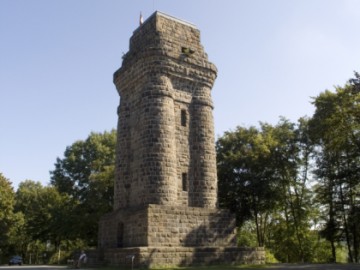Wuppertal appeared on the map of Germany in 1929 after the merger of the provinces scattered in the valley of the Wupper river. The towns and villages united under one name included Barmen, Elberfeld, Ronsdorf, Cronenberg, Vohwinkel, Langerfeld and Beyenburg. Today, all they have the status of city districts of Wuppertal.
Barmen district is the historical center of the city. This is where the trailers of the world's oldest monorail called Schwebebahn (“floating road") take off. This tramway was launched on March 1, 1901 and still serves as a public transport! The double track, on which trailers move at 60 kph, literally "hangs" in the air. The route is 13.3 km long. A falling elephant has been considered the symbol of the monorail since the 50s of the last century. At that time the director of the local circus decided to ride a baby elephant named Tuffi in the trailer for promotional purposes. The elephant did not like the ride; it broke a wall of the car and fell into the river, yet wasn’t seriously injured. Now, the picture of the falling elephant can be seen near the site of the accident, on the wall of a house between Alter Markt and Adlerbrücke stations. Today, the "flying tram" transports more than 80 million passengers a day!
A complex of buildings dedicated to the early era of industrialization is also in Barmen neighborhood. The era, in general, has been associated with weavers. In the Middle Ages this area was the center of German weaving. However, the weaver profession ceased to exist at the end of the XIX century. Because of poverty, generated by industrialization, mass riots started. It was during this period that the future fighter for social reform, Friedrich Engels, was born in the family of a wealthy textile manufacturer in the city of Barmen. The Baroque house belonging to Engels’ grandfather has even reached our days. The textile factory, which contains working weaver’s looms, spinning and steam engines, photographs and testimonies of those years, has also survived. In one of the rooms the atmosphere of the textile factory with high humidity, steam, roar and unbearable heat is recreated. The monument to weaver Mina, the heroine of Otto Hausmann’s poem, is considered a symbol of the historic district. Mina was the 13th child in the large family with an unemployed drunkard-father and the child had to work at the factory since childhood. The sculpture is erected on Wuppertal’s main street Poststrasse (Poststraße).
Local cuisine traditions developed in Wuppertal during the industrialization period. Today, in contrast to earlier times, the former food of the workers of Wuppertal is considered exotic and is served in the city’s best restaurants. These dishes include Kottenbutter –a simple sausage sandwich. This is a piece of black bread, served with smoked sausage, onion rings and mustard. At the turn of XIX-XX centuries such a sandwich was the lunch of workers in the weaving workshops, forges, foundry shops under the name Kotten. In Wuppertal you can try Pillekuchen – large, plate -sized potato pancakes, which are usually served with apple sauce, and fried potatoes with bacon and onions called Linneweber. People visit the brewery Wuppertaler Brauhaus for the best beer in the city. It is located in a XIX century building, which has long housed the public baths and swimming pool. Today, beer of two sorts: light (Wupper Hell) and dark (Wupper Dunkel) are brewed and bottled here in front of the visitors. Traditional pig's trotters, ribs and ham are served with the nappy drink and crusty bread is baked on weekends.
The famous dance theater of Pina Bausch (Tanztheater Wuppertal Pina Bausch) is in Wuppertal. This dancer is recognized by the international community as one of the best choreographers of our time. She was able to bring her provincial, not known theater to world level just in a few years! Pina Bausch died in 2009, but her theater still enjoys great popularity. Tickets must be booked months in advance to get to the show in Wuppertal.
In Wuppertal people love tango. Every year in October the city hosts the largest festival of Argentine Tango in Germany -the Wuppertal Tango Festival. In the city there is also a stamping ground, where famous tango dancers from around the world come together. This is cafe Ada, where spectacular Argentine dance lessons are held for everyone every Saturday. The world famous Vohwinkelmarkt flea market is among other spectacular events in the city. It opens on the last Sunday in September at midnight. The market emerged in the 70s of the XX century and gets larger and larger year-by-year.
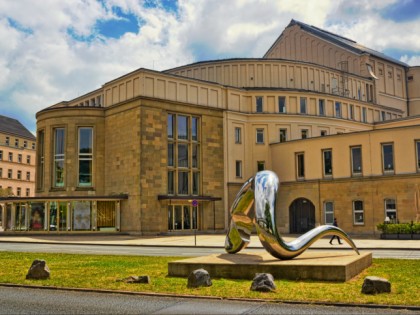
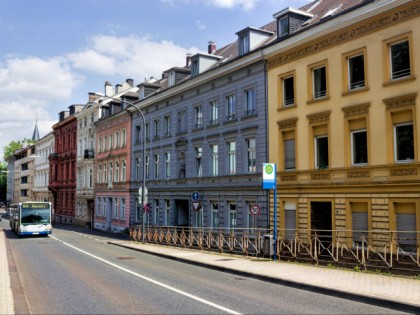
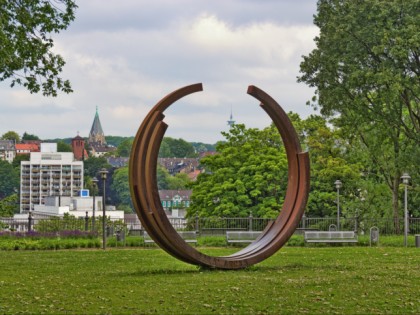
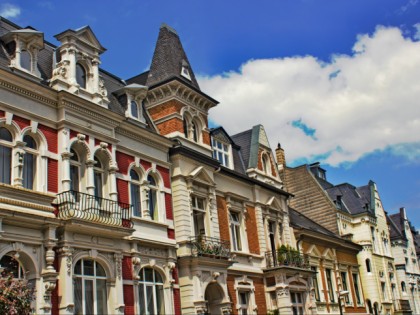
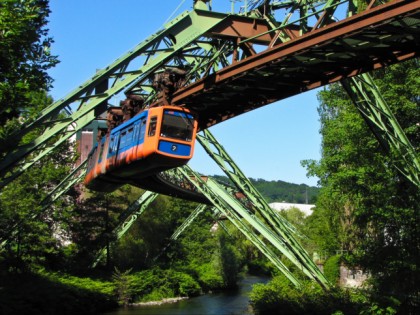
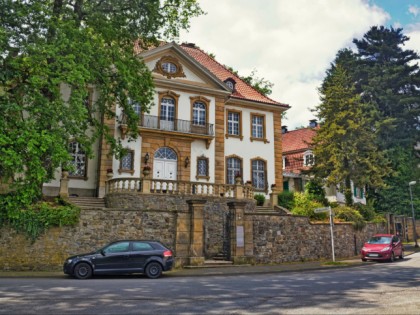
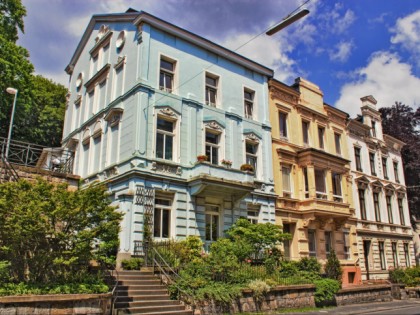
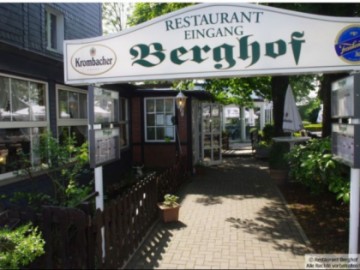
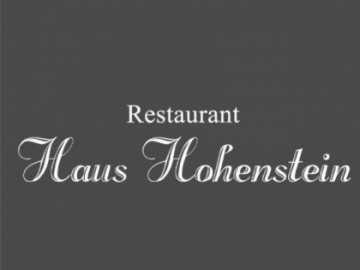
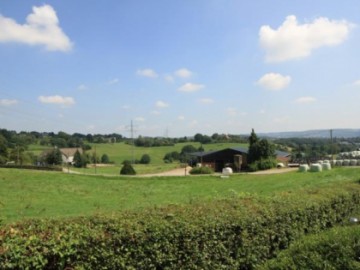
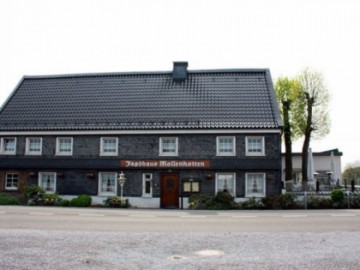
 Parks and recreation
Parks and recreation
 Museums and Exhibitions
Museums and Exhibitions
 Architectural Monuments
Architectural Monuments
 Other places
Other places
